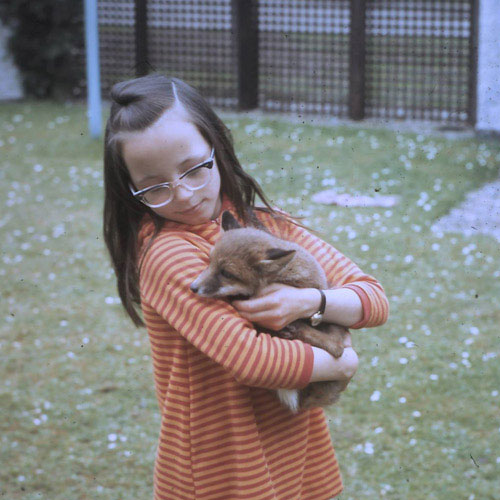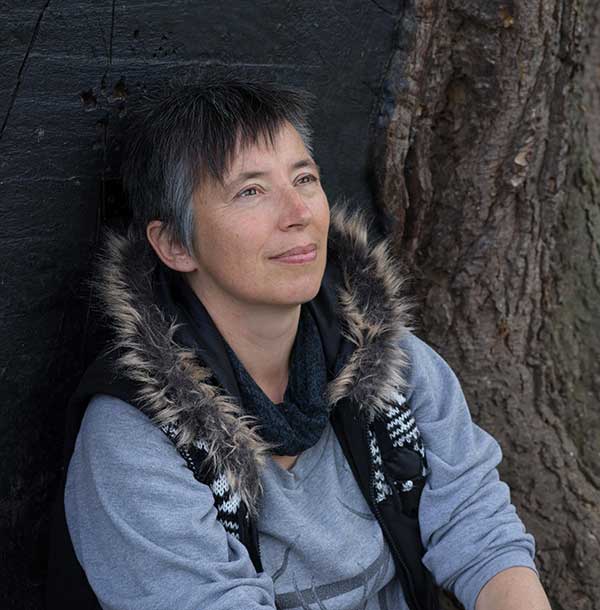BESTSELLING AUTHOR | COLUMNIST | TEACHER

Based in the borderlands between England and Wales—but a Scot at heart — Manda has been, variously, a veterinary surgeon, podcaster, acupuncturist, regenerative smallholder, columnist, homoeopath, blogger, life coach, renegade economist, contemporary shamanic teacher - and author of 16 novels, several screenplays and one non-fiction book.
BESTSELLING AUTHOR
PODCASTER & TEACHER
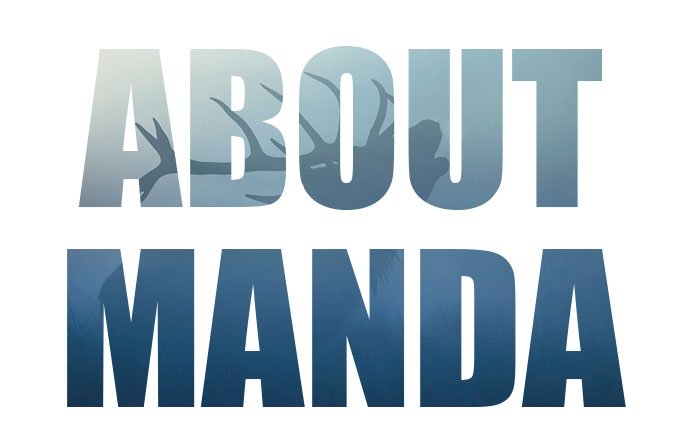
PODCASTING LIFE
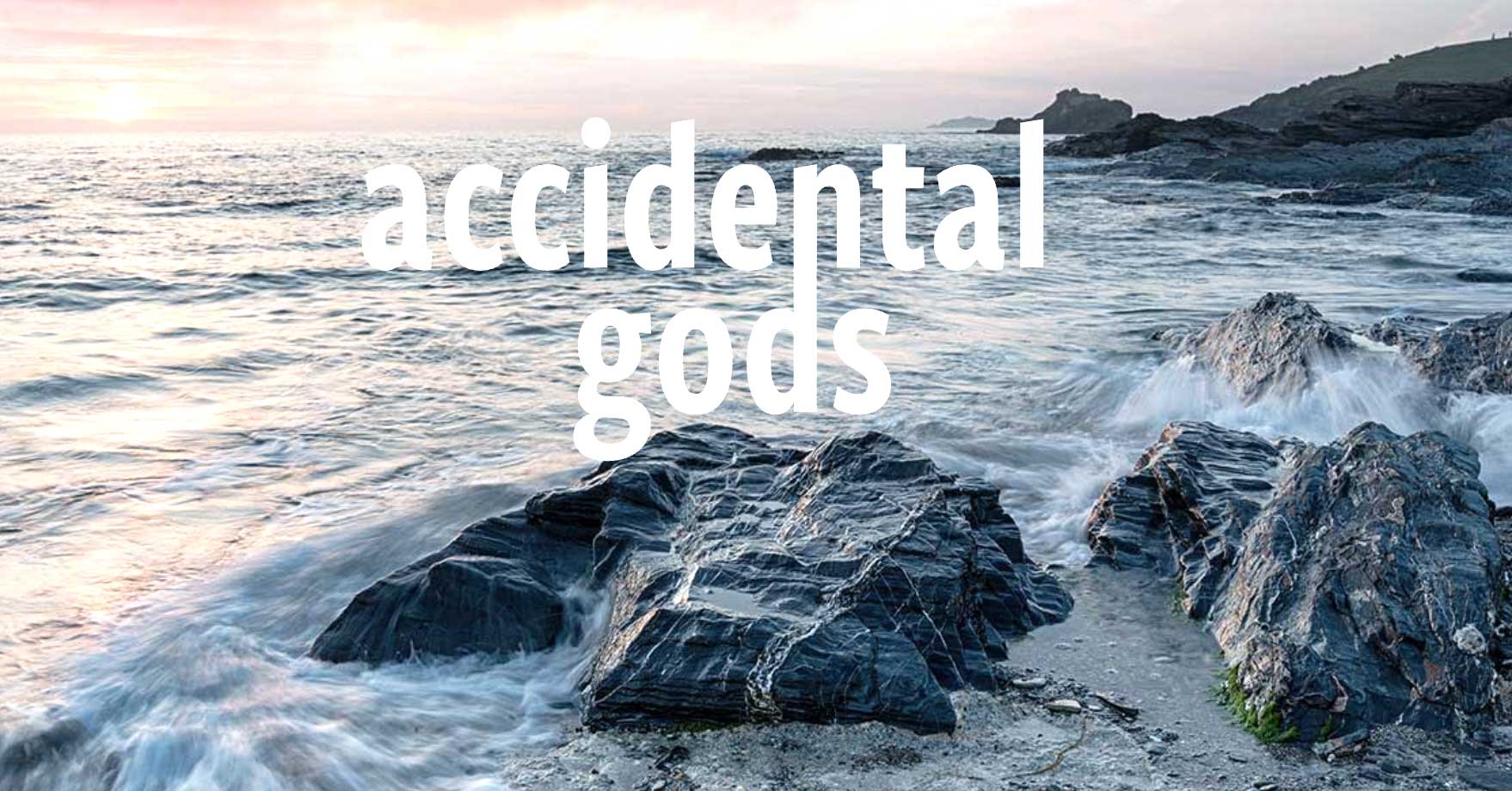
Accidental Gods: the podcast where we believe that another world is possible, that if we all work together, there is still time to create a future we’d be proud to leave to the generations that come after us. I’m Manda Scott, your host in this journey into possibility and this week’s guest is… someone else I admire and whose ideas I want to share, unpick and explore…

Brilliant Stuff
This is one of my favourite podcasts…always interesting, challenging in places and utterly inspiring. Manda has amassed an incredible guest list, and, if you’re new to these podcasts, then you will find hours of fascinating discussions that will give you hope for the future.
The late and very great Terry Pratchett said many times in his life that ‘Writing is the most fun anyone can have with their clothes on’. I paraphrase, and sometimes he said ‘on their own’ rather than denoting their state of (un)dress, but the point is a good one. That said, I don’t think he’d really given podcasting a try. Because writing – when it goes well – is one of the most inspiring experiences possible. Watching ideas flow out of the aether and take life on the page/screen is a genuinely miraculous process. Solitary, though. And not all days are full of magic; many of them are closer to Gene Fowler’s description of writing as staring a blank page until your forehead bleeds. Again, a paraphrase; again, close enough.
Podcasting is the perfect balance to the solitude and haemorrhaging brows of the writing life. This is where we get to speak to people we admire, or at least whose ideas we find enthralling —and nine times out of ten, these two are co-terminous. We get to stretch our thinking. We get to ask the questions that ever lurk around the edges of other public conversations on TV, radio, YouTube but never seem to be asked: there is always a font of unasked questions and everyone’s mind works differently so everyone’s stock is different. When it’s my podcast, I get to ask the questions that are burning holes in my mind in the moment. What’s not to like?
I didn’t know all this when Faith and I set up Accidental Gods in March 2020. Then, it was a vehicle for explaining all the neurophysiological stuff that was woven into the teaching on the then newly launched Accidental Gods membership programme and which I hadn’t had space to put into the programme itself. Also, I had a niggling idea that if more people understood how we work (or at least, current thinking on how we work), it could help them lead more authentic, integrated, connected lives. Which is what we’re all here for, right? It’s definitely what the AG membership was and is for: I still believe at core that what’s going to get us through the bottleneck of the meta-crisis (or poly-crisis or Great Derangement, or whatever you want to call it) is the conscious evolution of humanity; that we need consciously to evolve our consciousness. The late EO Wilson said that we have ‘Palaeolithic emotions, Mediaeval institutions and the technology of gods’ and this turns out not to be a winning combination if by ‘winning’ you mean ‘avoiding species level extinction events in our lifetimes’. Which is a laudable aim, I would suggest.
So AG was and is aimed at finding ways to help us all step to the edges of ourselves so that we might reach a tipping point and emerge into a new system. Ilya Prigogine told us that when any system is far from equilibrium, small islands of coherence can tip the entire system to a higher state’ and I’m taking ‘higher state’ to mean emergence into a whole new system. We talk about this in the early podcasts, too.
But I’m getting ahead of myself, because before we head more into the evolution of the podcast to what it is today, I want to thank Caro C, who came down from Manchester and spent an entire day setting up the sound system and teaching me how to speak into a microphone in a way that anyone at all would want to listen to. If you enjoy the sound of the podcast, it’s all down to Caro setting me up with a Rode condensing mic, a FocusRite and software that would work. These days, Alan Lowles of Airtight Studio also helps with the production and Ann Thomas helps make the transcripts coherent, but for the first four years the only other person besides me and Faith who listened to every single episode… was Caro. A round of applause please, because this is pretty epic dedication and the early episodes were produced alongside the first manic year of membership recordings where we had a schedule for each of the elemental connections and people waiting for each new version to release.
So there we are: Caro is a superstar. And in the beginning, we did think the first nine episodes were going to be all we’d need: just lay out the concepts of emergence, of the triune brain (with codas to soothe the nerves of actual neurophysiologists who treat this concept much the way nuclear physicists treat the billiard-ball model of atomic interactions) and the actual ways we can persuade ourselves to do things often enough that they embed as habit. And fairly early on, we had feedback in the form of the Apple Podcast review below (please do review your favourite podcasts, it does make a huge difference)

Incredible
I’m a bit of a podcast addict and listened to many wild, wonderful and woeful but this one is amongst the absolute best of them. You would pay a small fortune to receive these learnings from a life coach, and it’s totally free. Thank you so much!
A bit of encouragement goes a long way. Also… podcasting is actually a lot of fun. And I thought it might be interesting to talk to some people who seemed to me to be at the forefront of the conscious evolution wave—what I would now call regenerative change, but back then, my vocabulary hadn’t expanded quite this far. So I mailed some of the people I thought might be up for a bit of a conversation. Back then, the solid advice was never to go beyond 20 minutes. We blew through this boundary within the first few episodes, but it held for a short while.
Our first guest was Della Duncan who is not only host of the magnificent Upstream podcast, but more, was the member of staff at Schumacher who had made the 2016/17 Masters in Regenerative Economics an utterly transformative experience. By bringing in Joanna Macy’s ‘Work that Reconnects’, she wove 17 disparate students from all around the world into an interconnected tribe where vulnerability, integrity and personal authenticity were our watchwords, and still are, as we spread out into new lives. Della was a magnificent first guest and gave me the confidence to keep moving forward, to keep exploring the idea that asking questions is a political act and that the future is here, we’re just too busy running in circles to notice it.

Inspiring
New to this series and finding it really inspiring as it pulls together so many things that concern and interest me – what it means to be human, neuroscience, ecology, spiritual development – and all done with clarity or humour, making it so accessible.
Along the way, we’ve gathered friends of the podcast: Rupert Read, professor of philosophy at UEA, author of a vast array of challenging and inspiring books (This Civlisation is Finished is a good one to start with) and now co-founder of the Climate Majority Project is one of our seasoned guests, as is Dr Simon Michaux of the Geological Survey of Finland. An Australian by birth, Simon lives in Europe now and is my go-to voice when I need to know how much copper the EU’s planned ‘green transition’ will take, how many multiples of all the copper ever mined this is, and how unlikely it is that we’ll ever get there. Ditto with lithium, germanium or vanadium or indeed any of the rare earths we need for batteries. A Pirate at heart (and you’d need to listen to the Be More Pirate episode to understand this), Simon has offered hours of his time to the podcast, always in good humour and always bringing ideas right at the edges of probability.
It’s not all material science, obviously: our early intro said that we existed at the nexus where ‘Art meets Activism, Politics meets Philosophy and Science meets Spirituality’ – and this last was high on the list because I was still imagining that we’d be talking mainly to the AG membership. So, our third guest was Rabbi Jill Hamer, followed swiftly by Buddhist geek (and glorious podcaster at Emerge), Daniel Thorson, shamanic trainer Chris Luttichau, elder visionary Nina Simons, youthful visionary Alnoor Ladha and Christian druid Sam Wernham are amongst the many, many guests who have given time to exploring the nature of twenty-first century spirituality: what we can do now, to – as Alnoor said – bridge from our Trauma culture forward to a new Initiation culture that works, that allows us all to find the core of ourselves and let it shine?
And then, slowly, as the guest list extended, as people began to ask to come on (or their PR representatives did), as my stack of books to read for the podcast outgrew my stack of books to read to give endorsements (or just books I actually wanted to read on my own behalf), we realised that we were reaching a wider audience and this might become a thing.
Over two hundred episodes in, and heading towards our fifth year of weekly transmissions, the podcast stands consistently in the top ten in its segment in the UK and the top 100 worldwide, which isn’t up there with the shock-jock hyperstars, but feels solid enough to keep going. So if you’re a listener, thank you. If you’d like to be, follow this link, or look us up on Apple Podcasts, or Spotify or whatever you’d most like as your listening medium. And then engage. Suggest guests. Ask questions. This is our most immediate way to connect with the world and it’s definitely one of the most fun things any human being can do on a digital link.
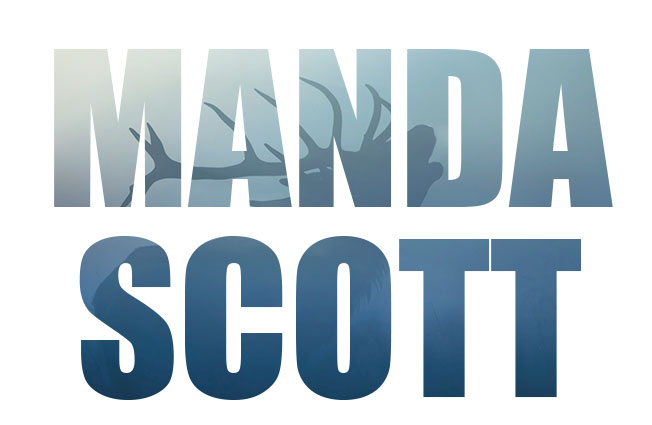
CONTACT MANDA
Writing is an incredibly solitary occupation. It's always good to connect with people who share the same realities. So go on, get in touch...

